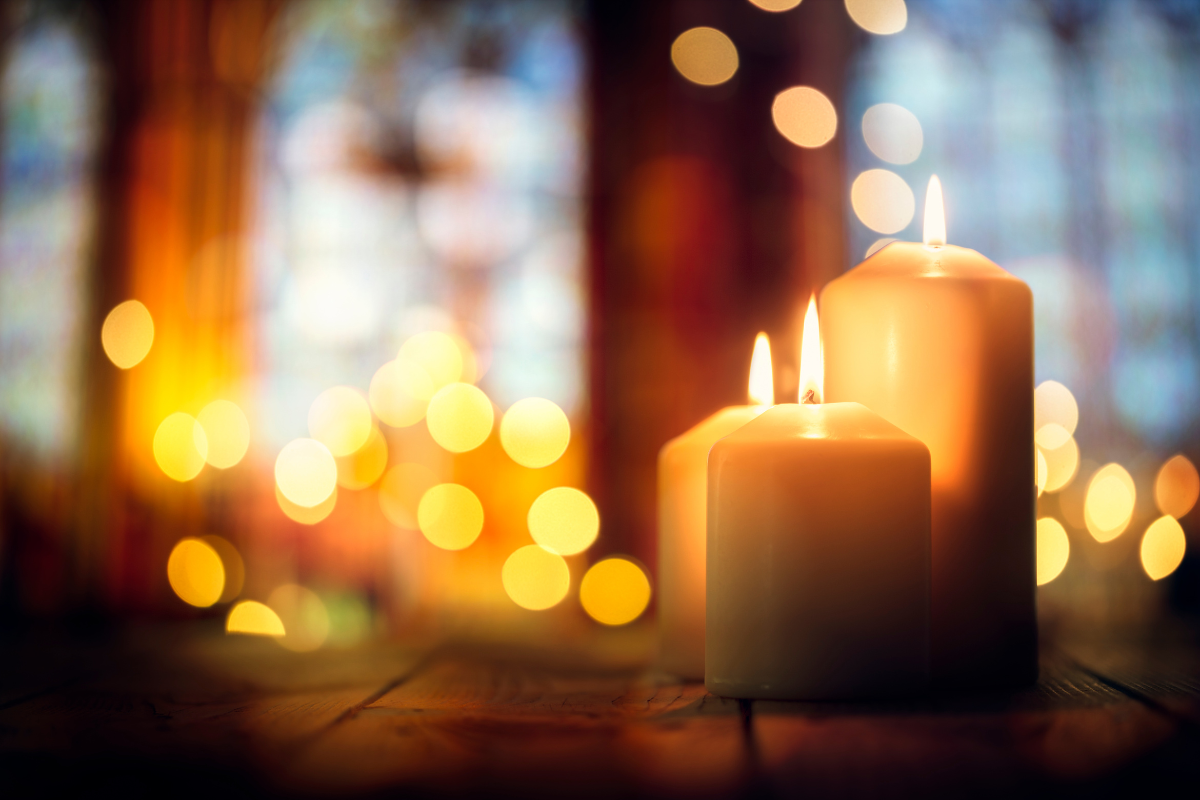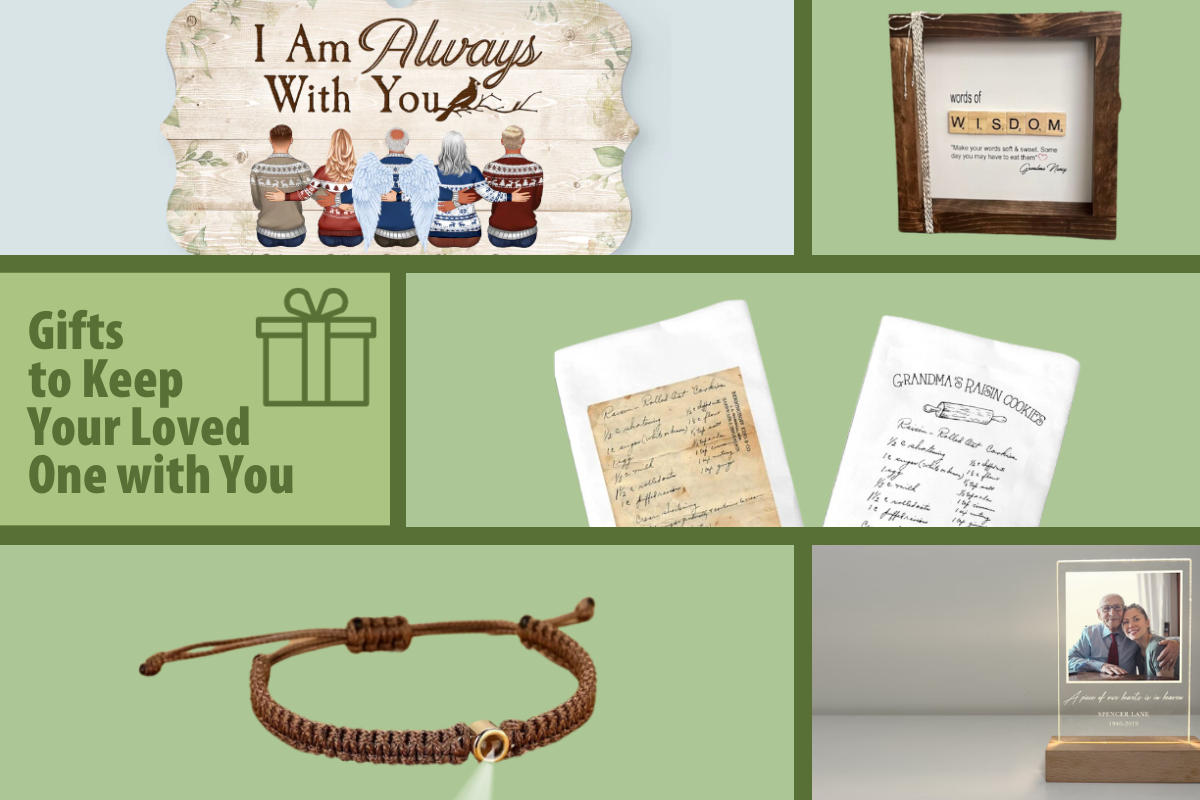Grief After Accidents, Suicide, and Other Sudden Losses
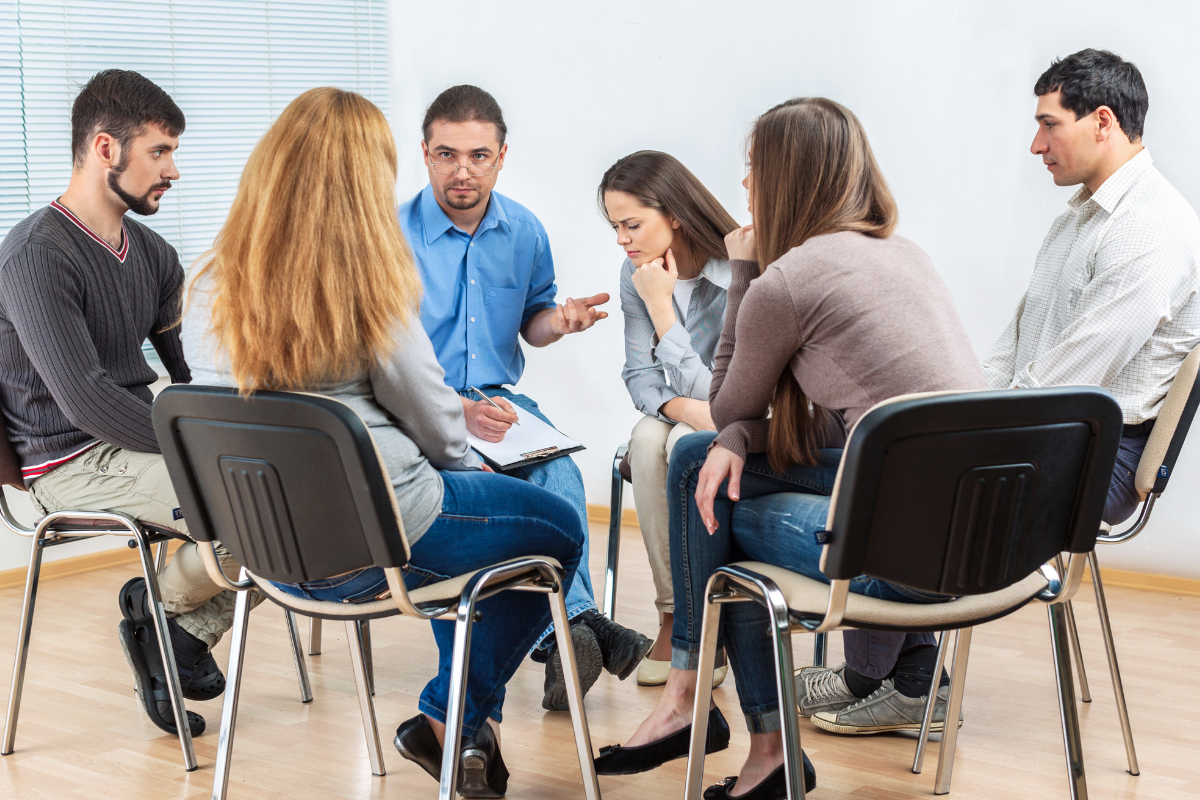
Regardless of the circumstances, the death of a loved one is always painful. Grief is a powerful emotion. This is true even when a death is expected after a long illness. But when the death is sudden and unexpected, the traumatic nature of the loss can make it even more difficult to cope.
When someone loses a loved one to an accident, suicide, overdose, or other sudden losses, there is no time to gradually adjust to the idea of life without their loved one. Over the course of an illness, family and friends have time to anticipate the loss. They have the opportunity to have special moments together to say important words like “I’m sorry,” “I love you,” and “goodbye.”
Instead, when someone is faced with a sudden unexpected death, their world falls apart. Everything feels changed in an instant, and it can be difficult to fully understand what happened and the impact it will have on the mourner.
Grieving After Death from Accidents and Sudden Illness
When a loved one dies in an accident or through a sudden change in health like a heart attack, mourners face having to deal with not just the loss of their loved one, but the missed opportunity to clear up misunderstandings and express their love.
There may be guilt over changes of schedule that put the loved one on the road at the time of an accident. Whether the mourner was with their loved one or not, they may experience survivor’s guilt and wonder why they weren’t the one to pass away.
With sudden illnesses like heart attacks and aneurysms, mourners may blame themselves for not recognizing signs or symptoms that a medical issue was imminent – even when there might not have been any way of knowing.
The shock of this type of loss can make family and friends feel helpless and overwhelmed. It’s common to feel exhausted but have trouble sleeping. Grief can be distracting, so mourners should avoid or be extra careful when driving or using sharp instruments.
Professional grief support can be particularly helpful for those who have suffered a sudden loss. Grief support groups provide a safe space to talk about loss.
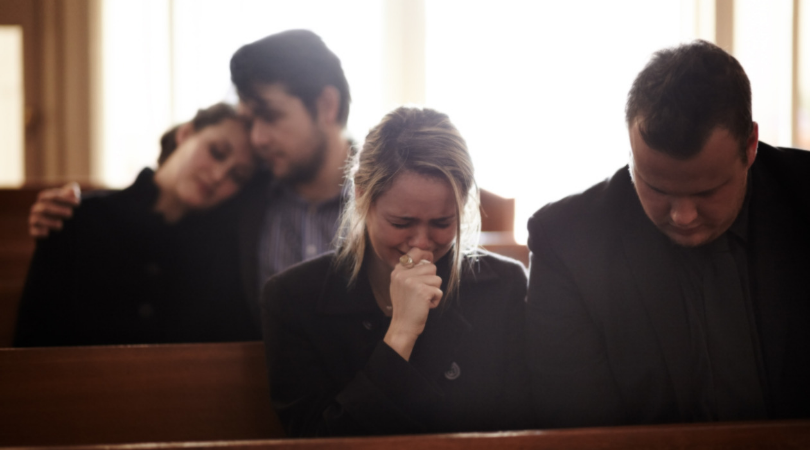
Grieving After Death from Violent Acts
As difficult as any sudden loss can be, when the death is a result of a criminal act, it can be even more complicated to process. Denial is a typical first response to the news that someone has been killed due to criminal acts. Friends and family may question the identification process and how such an event could even be possible.
As loved ones come to accept the reality of the loss, many feel anger towards the person who committed the crime and to those in law enforcement tasked with preventing these types of crime. This anger can be intense and even frightening for the mourner even though it is a normal reaction to losing someone in a violent manner. Loved ones may feel guilt for not being there to protect their loved one, even if there was nothing they could have done to prevent the crime. They may also feel more anxious about coming into harm’s way themselves – even if the perpetrator has been apprehended.
It’s important those who suffer the sudden loss of a loved one to violent crime find their own way to grieve. Some take comfort in a public memorial project to honor the loss of their loved one. Others find solace in working to fight the type of crime that took their loved one’s life.
Grief support counselors are trained to help those who have experienced loss due to violent acts and can provide the unique support those affected by homicide may need. Local law enforcement and healthcare providers can connect people to support groups for those grieving the loss of someone due to homicide in their area.
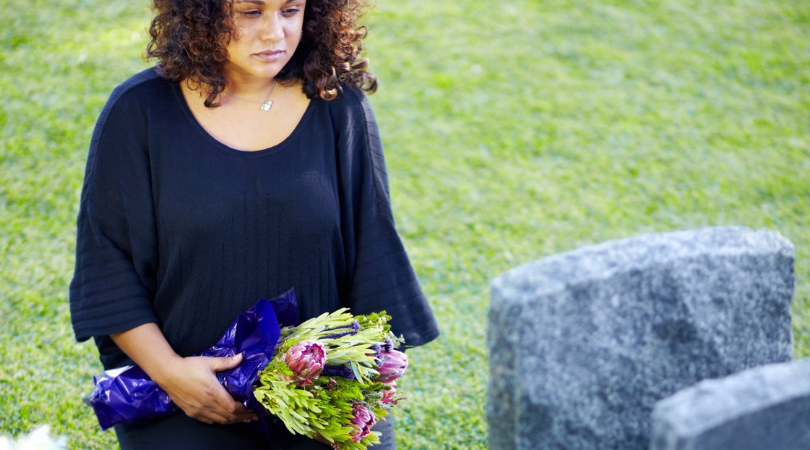
Grieving After Death from Suicide
Mental health is often misunderstood in our society, and individuals facing these challenges also face disapproval and stigma.
When someone loses a loved one to suicide, friends and family of those grieving are often unsure what to say, leaving the mourner feeling isolated and abandoned. Although it is slowly changing, some religious organizations also add to this by limiting the type of funeral available.
Many are confused by the decision their loved one made and will pour over the details of their life trying to understand what they could have done differently to support them. Mourners may feel angry at their deceased loved one for choosing to end their life.
Support groups specifically for families affected by suicide can be helpful as everyone is experiencing the same type of grief. However, if group support is unavailable or a poor fit, individual therapy or an online support group can help mourners as they adjust to life without their loved one.
American Foundation for Suicide Prevention offers practical information for those who have lost a loved one to suicide and links to resources and local support groups.
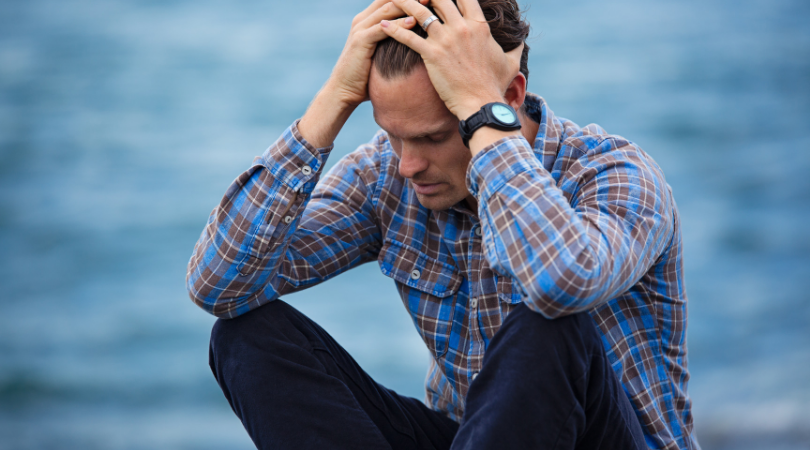
Grieving Death Due to Overdose
Even though addiction is a disease that affects people of all backgrounds and socioeconomic situations, there is still a lot of blame and stigma associated with drug use and overdose deaths.
When grieving the loss of a loved one to overdose, many mourners feel the shame of this stigma and avoid talking openly about their loss. However, talking through grief is often the best tool for coping with the loss.
Mourners may also feel anger at their loved one for allowing addiction into their lives. It is important to remember that addiction truly is an illness like diabetes or heart disease, and treatment is not always successful. It does not mean that the deceased or their loved ones didn’t do their best.
Grief Recovery After Substance Passing (GRASP) is an organization created to offer compassion and understanding to those who have lost someone they love to addiction and overdose. They provide resources, support, and links to local bereavement groups that deal specifically with loss due to overdose.
Regardless of the cause of death, coping with the loss of a loved one is always a difficult journey. It is important that mourners recognize the signs of grief and be gentle with themselves as they learn to adjust to life without their loved one.
Crossroads Hospice & Palliative Care also provides complimentary grief recovery groups in all the communities we serve. Please call 1-888-564-3405 to speak with a bereavement counselor about upcoming groups in your area.
If you found this information helpful, please share it with your network and community.
Copyright © 2019 Crossroads Hospice & Palliative Care. All rights reserved.


